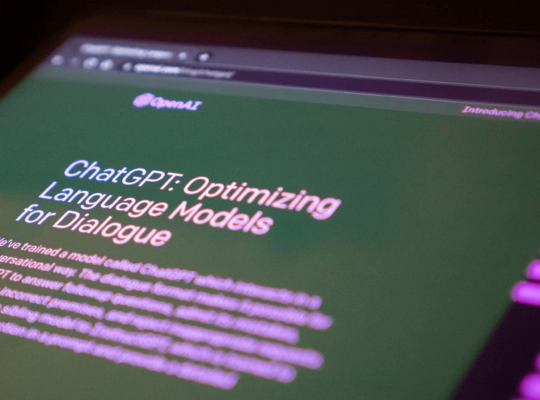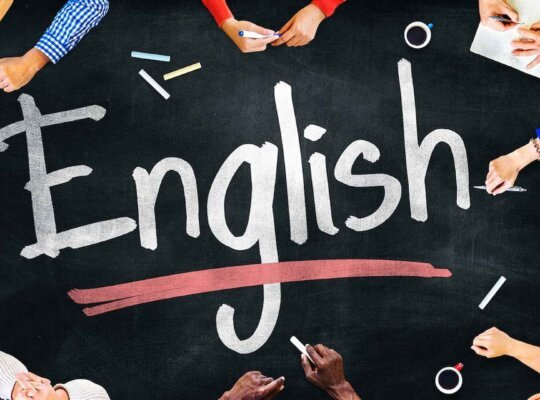Emotional intelligence (EI) is a crucial aspect of a teacher’s professionalism and a key ingredient in effective teaching. EI involves the ability to recognize and regulate one’s own emotions and understand the emotions of others, and is increasingly seen as an important part of a teacher’s toolkit in promoting positive learning environments and student success. In this blog post, we will explore the various strategies and techniques that teachers can use to develop their EI and become more effective educators.
The first step in developing EI is to become more self-aware. Self-awareness involves recognizing and understanding one’s own emotions and how they impact one’s thoughts and behaviours. This can be achieved through regular self-reflection and introspection, journaling, or participating in activities such as meditation or mindfulness practices. Self-awareness also involves recognizing one’s own biases and blind spots and seeking feedback from colleagues, students, or family members.
The next step is to learn how to regulate one’s emotions. This means managing one’s emotional responses in a way that is appropriate for the situation at hand. This can involve practicing deep breathing, counting to ten, or engaging in physical activity when feeling stressed or overwhelmed. It can also involve learning how to recognize and manage triggers, or the events or circumstances that can cause an emotional response.
Another important aspect of EI is empathy, or the ability to understand and share the feelings of others. To develop empathy, teachers can practice active listening, put themselves in their students’ shoes, and seek to understand their perspectives. Teachers can also try to find common ground with students, recognizing that everyone has their own unique experiences and challenges.
Finally, effective communication is an essential aspect of EI. Teachers need to be able to communicate effectively with students, colleagues, and parents, and this requires the ability to understand and express one’s own emotions and to listen to the emotions of others. Teachers can improve their communication skills by practising active listening, asking open-ended questions, and avoiding judgment or criticism.
To wrap up, developing EI is a continuous journey and requires time, effort, and commitment. By becoming more self-aware, regulating one’s emotions, practising empathy, and improving communication skills, teachers can become more effective educators and create positive learning environments for their students. Whether through professional development opportunities, workshops, or self-directed learning, there are many resources available to help teachers develop their EI and become the best educators they can be.

Meet Sir Faisal Amin – a visionary educator and content management expert, who has made a lasting impact in the education sector with his unwavering commitment and passion.








